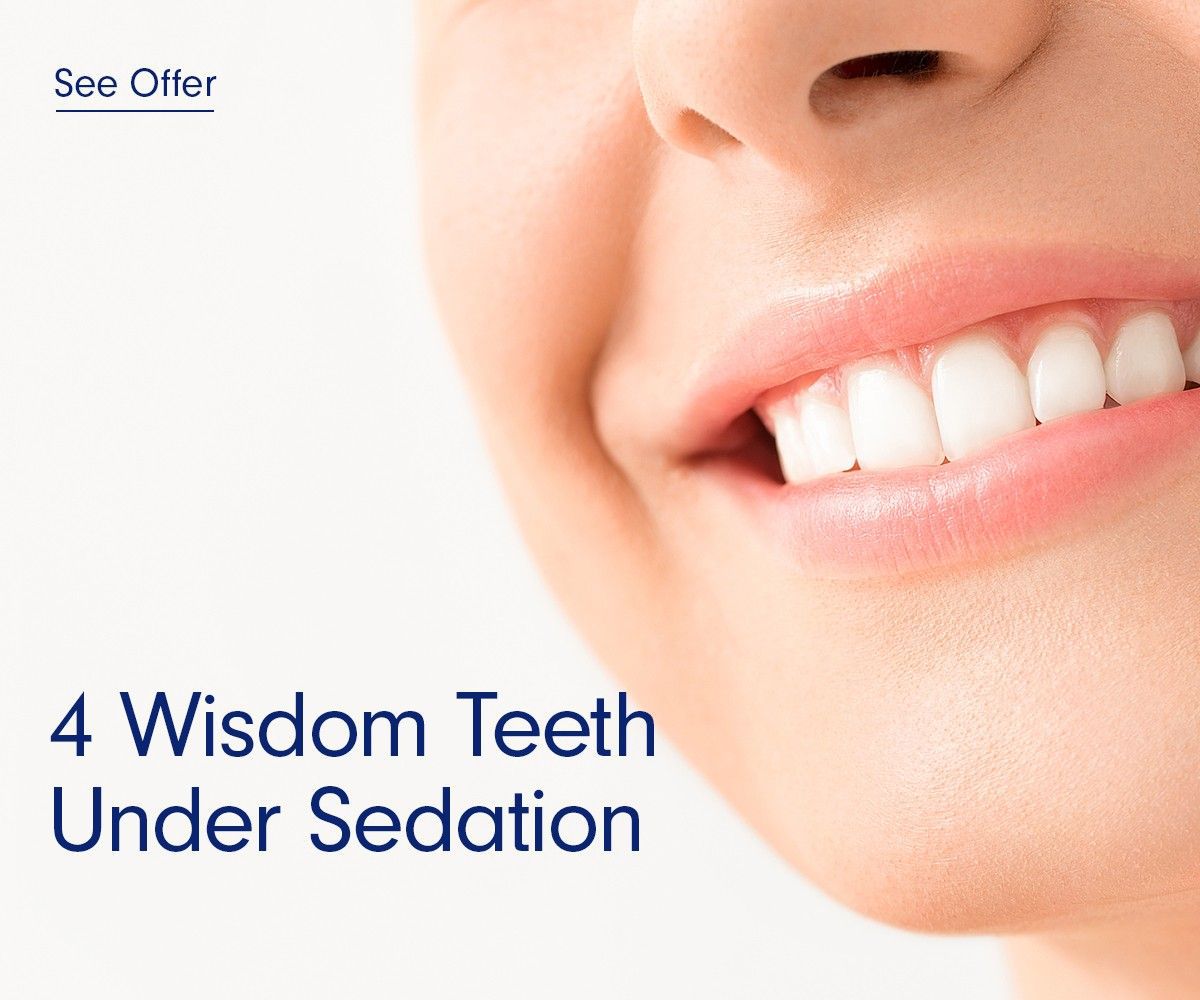What Types of Sedation Are Available for Wisdom Teeth Extraction?
One common question we get is, “Does it hurt?” As with other forms of oral surgery, sedation options are available to ensure patients are comfortable and pain-free during the procedure.
Some types of sedation our wisdom teeth extraction Las Vegas team offers include:
- Nitrous Oxide – Also known as “laughing gas,” this common sedation method includes breathing in the gas through a mask to relax and numb the patient.
- Local Anesthetic – When an extraction will be a simple procedure, a local anesthetic injected in the surgery site may be enough pain relief for some patients.
- Pill Sedatives – Sedatives in pill form, including Halcion (Triazolam), are available to help patients sleep through the surgery but not be unconscious for long periods of time.
- Intravenous Anesthetic – I.V. anesthesia directly in the bloodstream is powerful and works quickly to give a deeper sedation level for patients who are particularly anxious or need more extensive work to remove an impacted wisdom tooth or teeth.
- General Anesthesia – Some oral surgeries are complex and require more time than a standard extraction. In these rare circumstances, oral surgeons may suggest general anesthesia in a hospital setting to ensure the procedure goes smoothly.
Sedation recovery times vary depending on which type was used during the procedure. However, patients should expect to feel slightly groggy or disoriented until the sedation completely wears off.
Talk to your dentist about sedation options and what might work best for you when removing impacted wisdom teeth. To learn more, contact our team to set up a consultation appointment!
Call Us Today
What Can I Expect During Wisdom Teeth Extraction Recovery?
Although it varies from patient to patient, the average recovery time after a tooth extraction is about 7 to 10 days. Here are some things you can expect during your recovery:
- Soreness and sensitivity are typical immediately following the extraction.
- Discomfort should not last more than a few days.
- Your dentist may recommend over-the-counter medication to manage pain.
- Prescription pain medication may be necessary for higher degrees of discomfort.
- The need for medication will typically lessen with each day after the extraction.
After the procedure, your dentist or oral surgeon will give you care instructions. It’s essential to follow all directions to prevent complications or more dental work. Aftercare may include:
- Avoiding certain foods
- Specific cleaning instructions
- Following an antibiotic schedule during the healing process
Related:





















